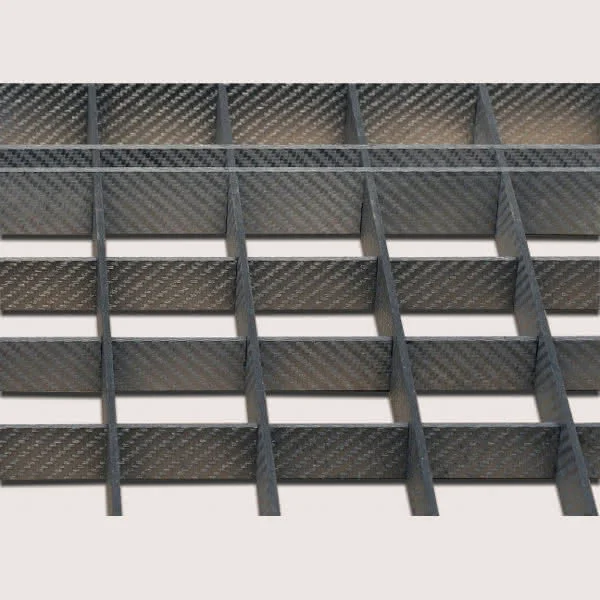Carbon/Carbon Loading Racks for Heat Treatment
-
Usage of the Carbon/Carbon composite instead of metal for loading racks allows to:
- Increase energy efficiency, due to the very low thermal mass of Carbon/Carbon composite, your energy is being spent heating (and cooling) components rather than supports and fixtures.
- Rapid heat up and cool down, also as a result of the low thermal mass
- Material lightweight, allows for easier handling
- No thermal deformation or creep, giving extended lifetime
- Eliminates sticking of metal parts to rack surface
- Increase of the productivity
-
Applications
Carbon/Carbon loading trays and baskets are used for thermal treatment processes such as
- vacuum brazing,
- annealing,
- low pressure carburizing,
- gas quenching of automotive parts,
- case hardening of steel parts with subsequent oil quenching etc.
-
The advantages of Carbon/Carbon composite to cast metallic trays:
Energy saving
Carbon/Carbon trays use 5-10 time less energy than steel.
- Improved energy efficiency of heat treatment processes with the possibility to reduce heating/cooling cycle.
- C/C composites do not lose mechanical properties with temperature. Lightweight constructions are possible.
Lightweight construction
- Density of Carbon/Carbon is 5 times less than steel: easy handling thanks to the weight reduction.
Easy automation. Handling by robots
- Carbon/Carbon trays have no distortion or thermal creep.
- CTE of C/C is 10 times less than steel.
Improved quality of treated parts
- C/C composites have a self-lubricating surface. No sticking/brazing of metal parts to rack surface, therefore no deformation of the metal parts
Cost saving
- No embrittlement, robust, increased lifetime
- Increased loading capacity by optimized design
- Thermal shock resistance increases with temperature


